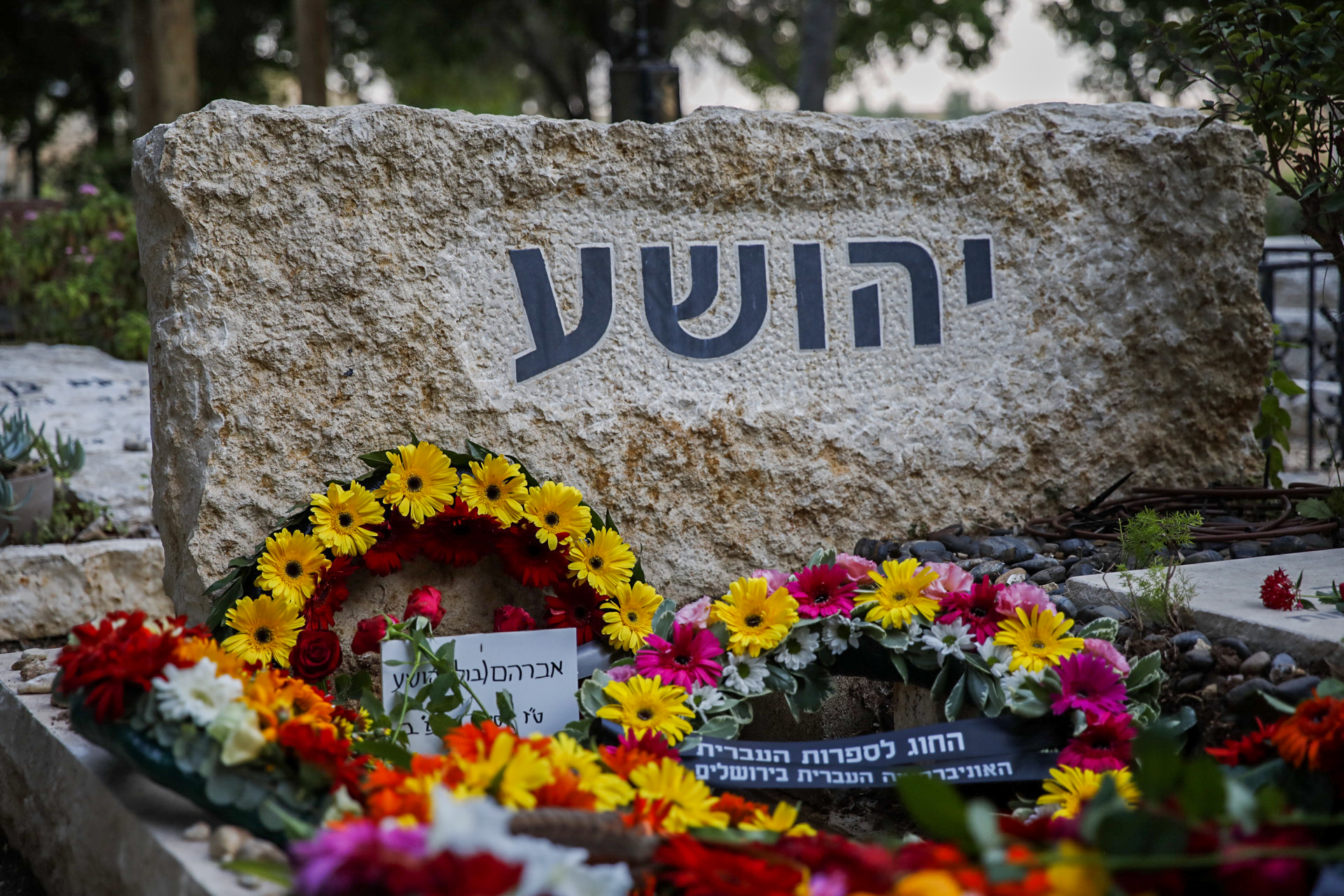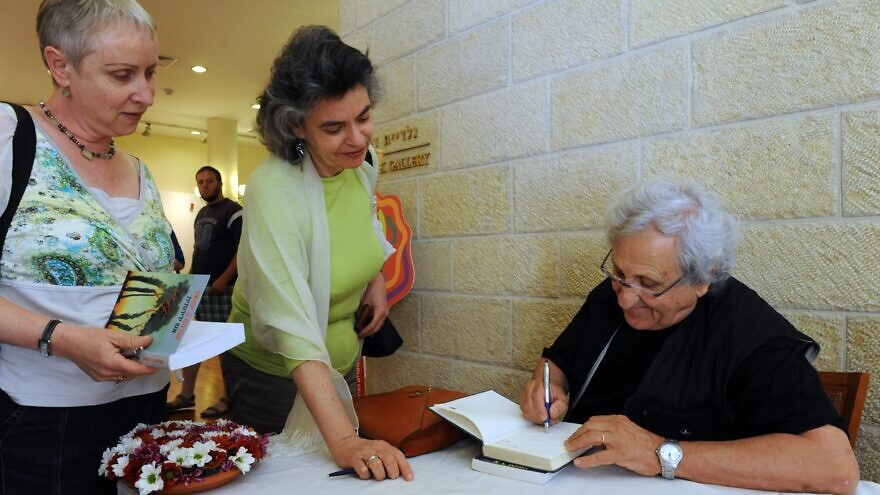When it comes to novelist A.B. Yehoshua, who died on June 14 at the age of 85, it’s difficult to separate his romances from his political activism. Despite his extreme views on Jewish identity, the Holocaust and the Palestinian conflict, he was pragmatic in his opinions, taking in the reality on the ground.
Born on Dec. 19, 1936, to Yaakov Yehoshua—a multi-generation Jerusalemite—and Malka, who immigrated to Israel from Morocco four years before his birth, he was named Avraham Gabriel “Boolie” after his maternal grandfather (A.B. was a pen name). “We did not come here because of anti-Semitism,” he told E-mago, an online Israeli magazine, in 2005, “from persecution or financial distress. They came here because they felt that here was their natural home.”
He would join the Israel Defense Forces in the Nahal Brigade, later becoming a paratrooper and taking part in the 1956 war over the Suez. His first short story was published in 1957, a few months after his service. His novelettes to come were pervasive with absurdity and exaggerated characters. Over the years, his novels became grounded at first with universal themes but later entrenched in life in Israel with a liberal and often secularist message to fit his ideology.
“My writing gives me great satisfaction,” he once said. “I have a push to tell the story. Life continues to give me ideas, and in this land, there is no shortage of subjects [to write about].”
For him, this was important, so that to Israelis, other religions should not be a threat. “For the Christian and Muslim are a part of the Israeli nationality,” he said. “The religion becomes a secondary identity, another way to express themselves.”
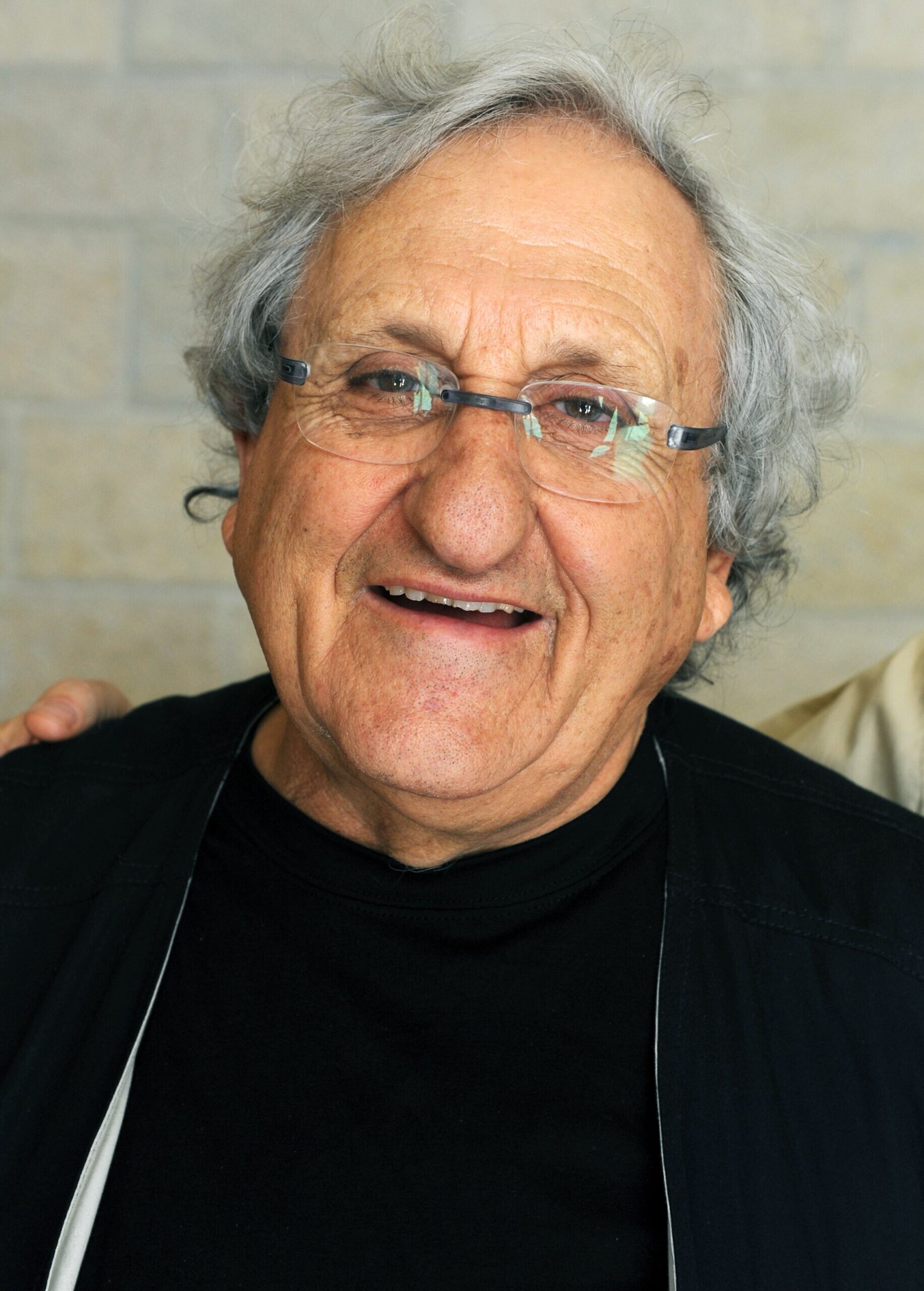
These ideas made him controversial, which he said was the basis of his statement that if you live in the Diaspora, you are a half of a Jew, and the Israeli is complete. “We came from the Diaspora to Israel to become Israelis.” He says that in Jewish Bible is not the word Jew, but Israelite, and referred to as the Nation of Israel.
He called on the Jews living out of Israel to stop saying, “Next year in Jerusalem,” in their liturgy. “I hate the Diaspora sinat mavat [‘terribly abhorred’],” he declared. He said that if the Jews would have lived in Israel, there would not have been as many as 6 million Jews dead. “There is no sure protection for any nation. Even France was captured and Germany destroyed. But since the State of Israel was established, the deaths are only equal to a half a day at Auschwitz.”
He commented that religion is a problem that created a crutch that gave Jews a feeling that they were safe, saying “we lost 6 million because of the illusion of spirituality.”
Yehoshua studied Hebrew literature and philosophy at the Hebrew University of Jerusalem, taught in Israel, and then lived in Paris from 1963 until 1967. In 1972, he began teaching comparative literature at Haifa University and was later appointed professor. He was a writer in residence at St. Cross College in Oxford, England, and was a visiting professor at several universities in the United States, including Harvard and Princeton.
In 1960, he married Rivka Kirsninski, a clinical psychologist and psychoanalyst. She died in 2016. They had no children.
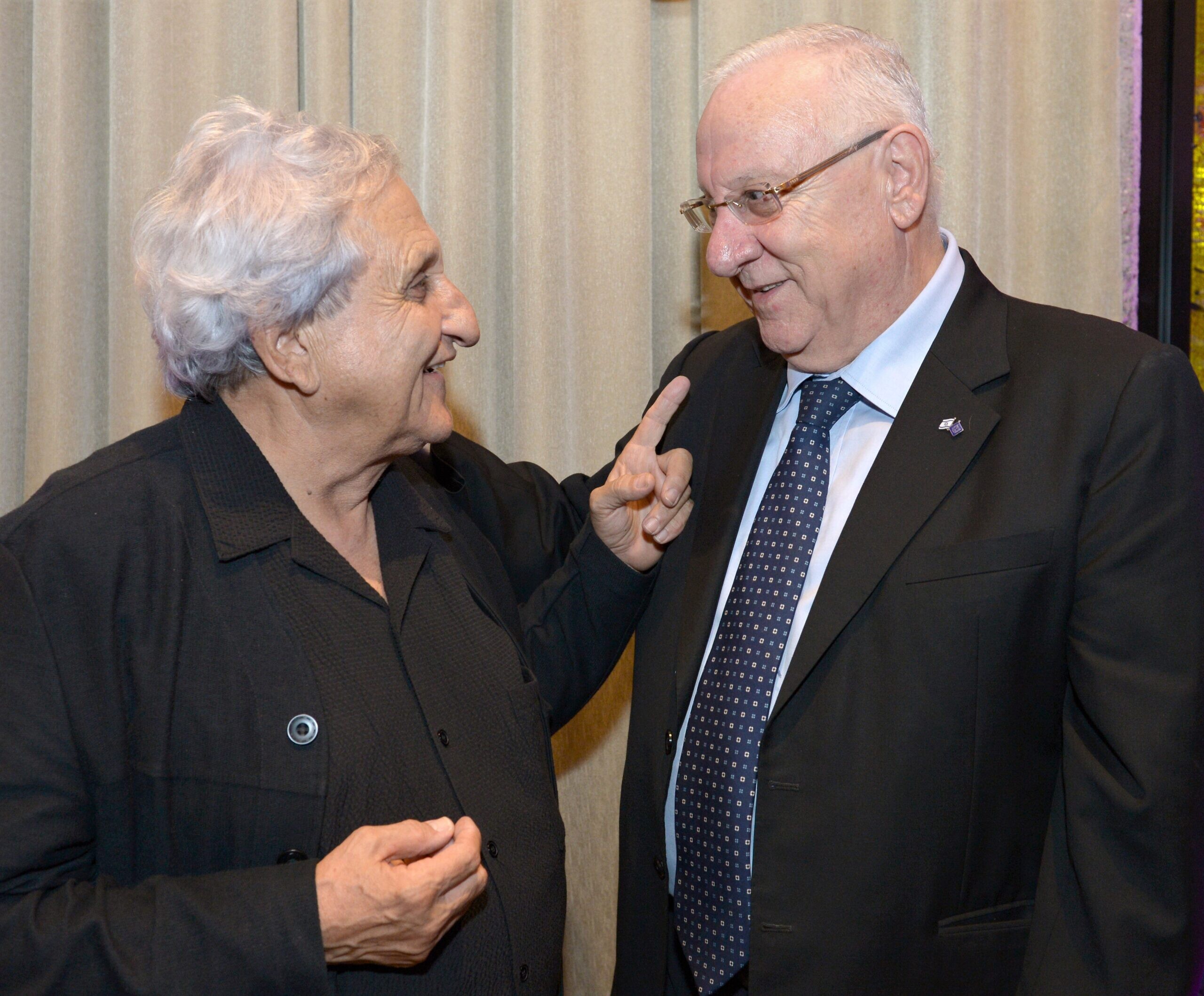
‘Pragmatic about his ideology’
Nitza Ben-Dov, professor of Hebrew and Comparative Literature at the University of Haifa, said Yehoshua was constantly reinventing himself according to the times. With that, he could not separate himself from his category, tackling the ills of Israeli society. It was this idea that got him in trouble when he wrote in 2015 a novel about a divorced woman who didn’t want to have children. It was clear his opinion that she was self-centered by choosing that, causing an uproar among Israeli feminists.
He later explained, saying the need to have children comes from a feeling of egoism: “That there are enough people in the world, and we do not need to continue the natural course of nature. … It should not occur that a person is so narcissistic that they do not want to accept another obligation on themselves so that they should be comfortable.”
This pessimistic look at life that is also the source of the lack of will to give birth is dangerous, he said. In Israel, he said, there is a desire to give birth, “you see this in the packed maternity wards.”
Yehoshua’s ideas on the Palestinian conflict were also to the far-left, but he was pragmatic about his ideology and peace activism. Such pragmatism shocked the left when he said that there was no chance that there would be a two-state solution. “We are fooling ourselves with such a belief; it is just not possible,” he said.
He explained that after Gush Katif and the forceful evacuation of 8,000 Jews from their homes in 17 settlements in the Gaza Strip in August 2005, it was clear that even the left will not be able to evacuate a half a million from their homes in Judea and Samaria. “Another solution needs to be found,” he told Kalkalist in 2018, “The same what we did with the Arab Palestinians in Israel, we need to think of how to include the Palestinians into our system. It is a difficult process, including because the Palestinians themselves are difficult. But we have no choice.”
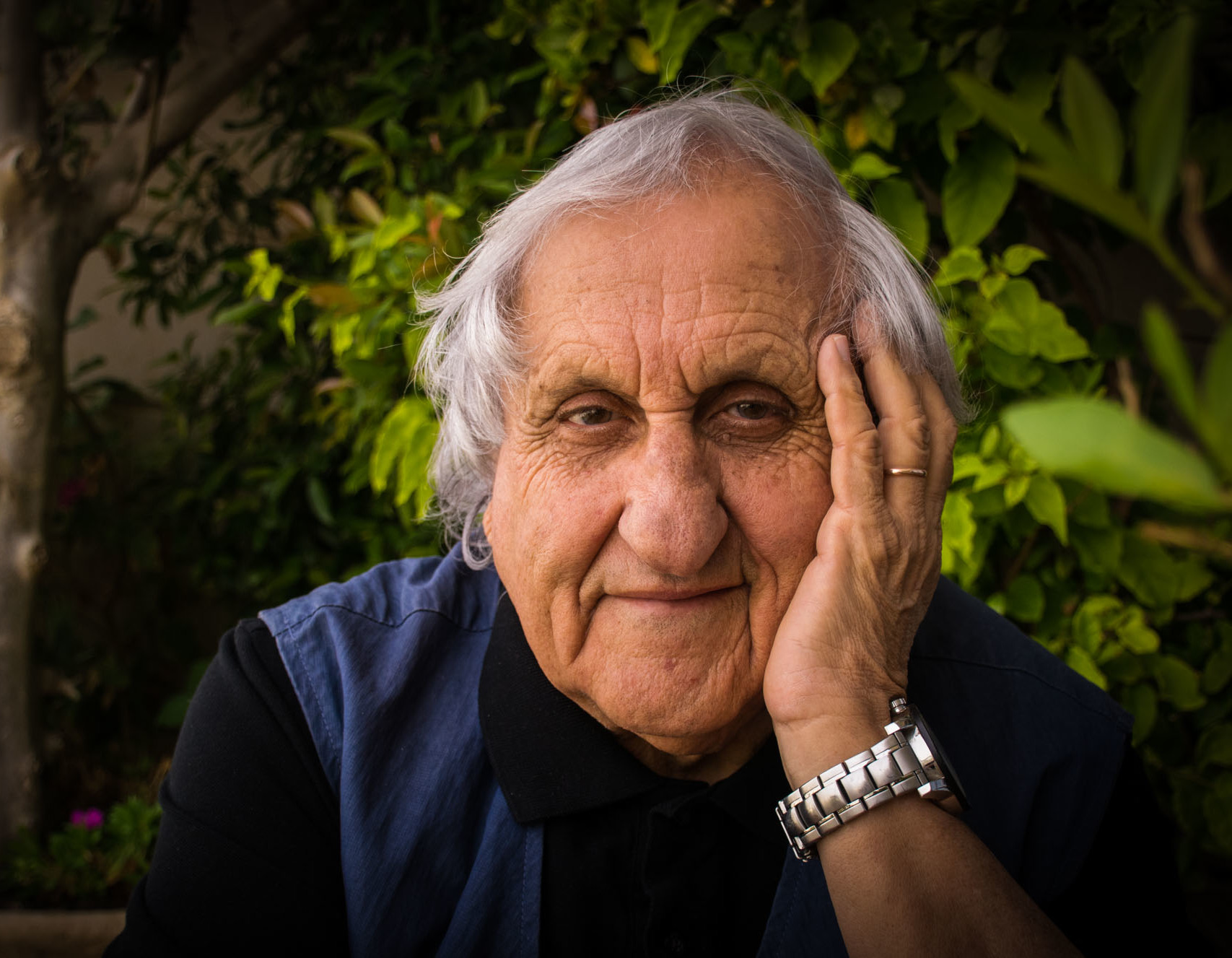
This idea he expressed in his 2018 novel Haminhara (“The Tunnel”), where he describes an Israeli hospital—the only place, he said, that both Jews and Arabs are interconnected, “We treat them, them us, and all live with it in peace.”
This pragmatic look at life, he once wrote in a 2011 Newsweek article, is why he lives in Haifa and not Jerusalem. “This topographic blend,” he wrote referring that from anywhere you could see the sea, “is an apt setting for the sorts of social harmony that grace the city.”
He said there is coexistence between Arabs and Jews, noting that “even in the difficult days of the Palestinian intifada, the two communities in Haifa remained on friendly terms.”
The city, he wrote has a secular pluralistic spirit, and while public transportation on the Sabbath and holidays was banned throughout the country, “our fiercely socialist mayor insisted on maintaining it—not only to respect the rights of the city’s non-Jews, but also to enable residents without private cars to go to the beach or visit relatives on Shabbat.”
At the same time, the city government takes care not to agitate its religious population with the streets in their neighborhoods closed to traffic. He said secular residents do not complain as they do in other cities. “For if your needs are respected, you are considerate of the values and feelings of others.”
Yehoshua was awarded numerous literary honors in his lifetime, including the Israel Prize; the National Book Award; The Los Angeles Times Book Prize; and, most recently, the Dan David Prize.
